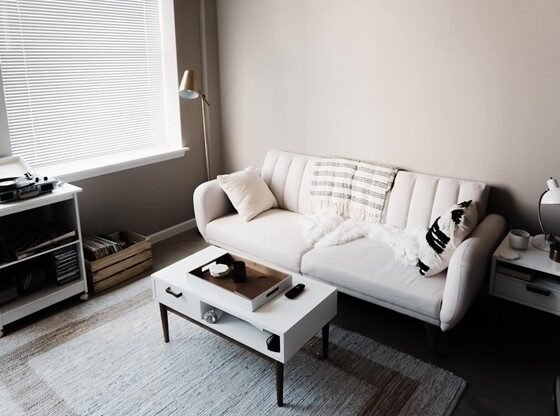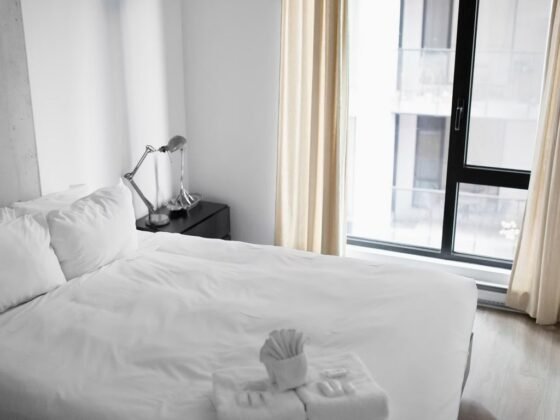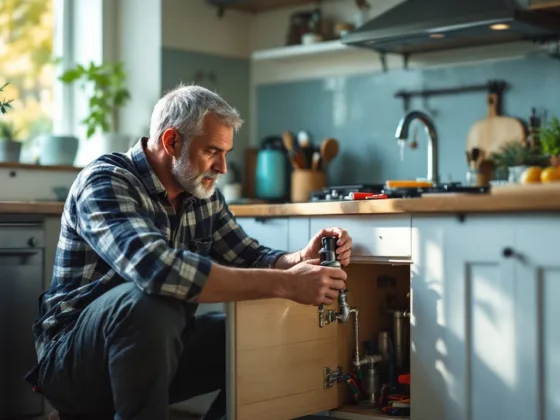Do you feel that your radiators are not heating up your home sufficiently? Are your bills getting higher and higher? It may be time to change the heating system in your home.
Heating represents nearly 70% of a household’s energy expenditure, which means a substantial amount of your energy bills too.

Replacing, repairing, and upgrading your heating system is therefore an important project with long-term repercussions on the level of comfort in your home, your energy consumption, and how environmentally friendly your house is.
So how do you change your heating system? Which central heating system to choose for heating today? And which radiators to choose to save money? You’ll learn all this and more in this article, so read on!
Why Change the Central Heating System in Your Home?
Whether you heat with wood, oil, gas, or electricity, there are several reasons why you may need to replace the heating in your home. You may need to change only a few radiators or replace the entire heating system :
- The age of the heating system: the degree of efficiency of the equipment depends on its age and how well it has been maintained.
When your radiators no longer transfer/emit heat sufficiently, start leaking, or are in too poor condition, it is time to replace them.
When the boiler you’ve installed doesn’t heat the water to an acceptable level, stops working, or burns too much fuel, it is time to replace it.
- The number of your heating bills: depending on the energy used to heat your home, your expenses can be particularly high.
Since there are new and efficient central heating systems on the market every few years, switching to a new energy source not only helps reduce the burden of heating on your budget, but also saves energy and makes your home more environmentally friendly.
It is sometimes enough to replace only some of the equipment (change a heating gasket for example), but renewing and replacing the whole heating system isn’t without its benefits: it allows you to tune the heating system precisely to your comfort inside all the while realizing important energy savings.
Read Also:
How to Decide Which Part of the Heating System to Replace?
If you want your project to be successful, consider asking yourself a few questions before embarking on your central heating replacement/repair/retrofitting project:
- Is my home well insulated? If the answer is no, the first step in any energy renovation of your home is to review this aspect. It is always better to make sure your home is properly insulated first before you make any changes to the heating system.
Once your house or apartment is well insulated, then you should check whether your heating system properly heats up your home, how much energy it expends, and whether it has any issues.
You can have the most-expensive state-of-the-art central heating system, but it’ll still prove to be inefficient if your home isn’t insulated properly.
- How old is my boiler? If your boiler is more than 15 years old, you should consider replacing the entire heating system.
Opting for an electric central heating boiler will allow you to benefit from an efficient and economical heating system over the long term, easy to install and maintenance-free; And you won’t have to rely on outdated and soon-to-be-taxed fossil fuel energy sources to operate it.
- Is my heating system efficient? If your current heating system does not meet your needs in terms of thermal comfort or energy consumption, you should consider replacing it in its entirety if you can’t pinpoint which item is responsible for the inefficiency.
There are systems where the radiators alone or the boiler alone is responsible for 90% of the inefficiency in the central heating system, and there are other times when everything has aged and is relatively inefficient, and if the latter is the case, your home will benefit from a complete replacement.
When is the Best Time to Replace Your Central Heating System?
If you choose electric radiators, you can replace your heating system at any time of the year. In fact, in addition to being quick, the installation of this type of heating system does not require any heavy work.
You can replace your old radiators with modern and efficient equipment, even in the middle of winter! However, we advise you to change your central heating system during the summer months, a period more suitable for this type of work as you typically don’t rely on your central heating system during the winter (unless your central heating system does double work as central cooling during winter too; in which case, spring might be the best season to replace it).
You do not have to change your entire heating system at the same time, either. Depending on your initial installation and your budget, each piece of equipment can be replaced independently, room by room.
For example, it is common to replace the radiators in the living rooms first: the living room, the kitchen, and the dining room take precedence over other rooms.









